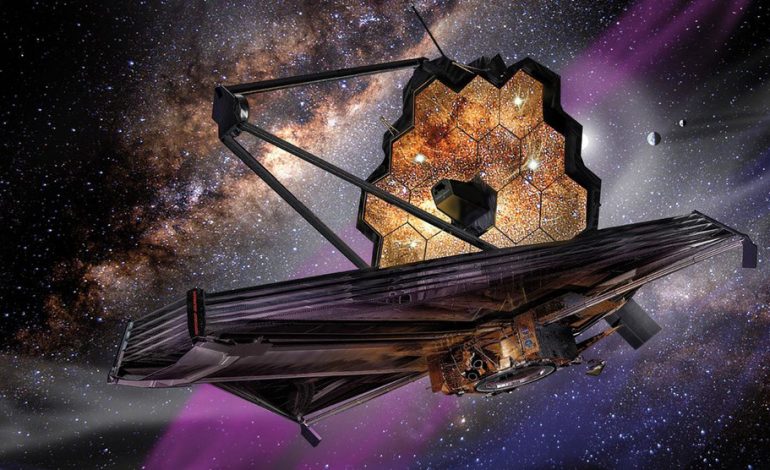Presented on ZOOM Public Lecture March 11 at 7pm
ABOUT THE LECTURE:
Tuning in to Primordial Stars: Seeing first light with radio telescopes and JWST
As we strive to comprehend the origins and growth of the Universe, we confront a period shrouded in mystery, aptly named the cosmic dark ages. In this void following the Big Bang, devoid of life and complexity, a dramatic transition occurred with the emergence of the first stars. This era marks the beginning of the rich and populated universe we are familiar with, yet our knowledge of the first billion years remains woefully incomplete. The launch of the James Webb Space Telescope (JWST) has begun to open the curtain on this time, but infra-red can only go so far into the depths of darkness. Questions still loom about the nature of these primordial stars: their appearance, how they differ from our own Sun, and why they have since vanished. Dr. Emma Chapman has embarked on an ambitious quest to uncover the secrets of the Era of the First Stars through the lenses of radio astronomy and cosmic archaeology. It’s time to close your eyes and listen to the skies.
ABOUT THE SPEAKER:
Dr. Emma Chapman University of Nottingham
Dr Emma Chapman is a Royal Society research fellow based at the University of Nottingham. She is among the world’s leading researchers in search of the first stars to light up our Universe, using immense arrays of radio antennas. She published her first popular science book, ‘First Light’, in 2020. Emma is a respected media commentator on astrophysical matters, but is also vocal about gender equality issues in the sciences. She has been the recipient of multiple commendations and prizes, including the Royal Society Athena Medal for driving nationally impactful policy changes concerning sexual harassment issues in higher education.

